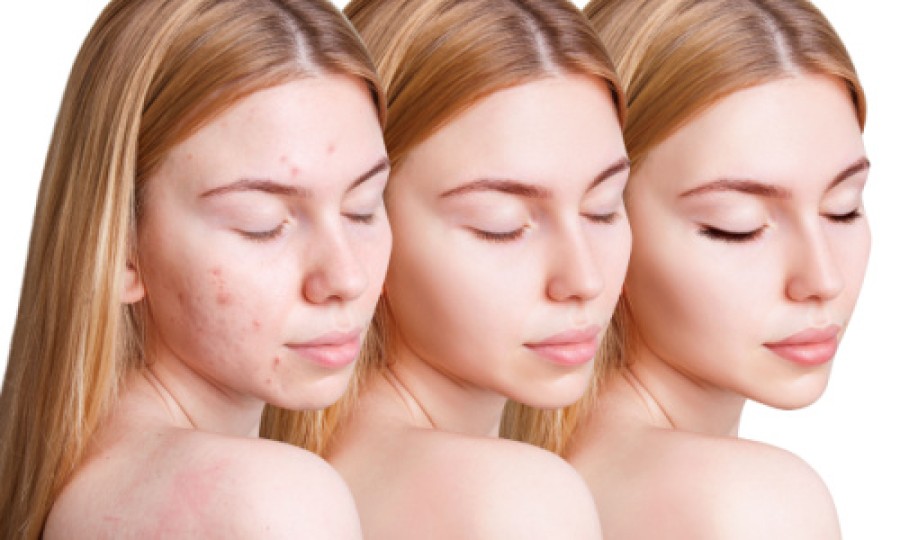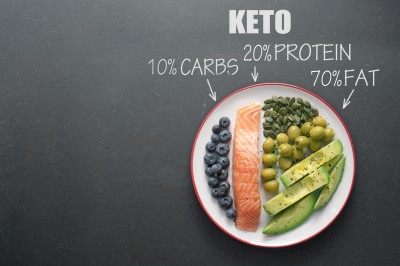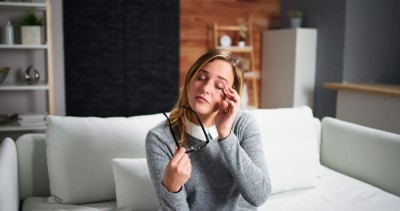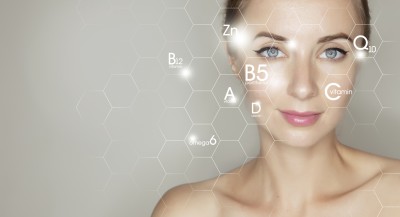Do you know that acne can occur after puberty? Although acne is often seen as a problem that only afflicts adolescents, this is untrue. It can also affect adult women, as it can occur even after 40 years of age. Almost half of women aged 21-30 and one-quarter of women aged 31-40 suffer from acne.
When we detect signs of acne on our faces, we should first contact a specialist for advice.
This specialist may initially be our pharmacist or dermatologist.
Our primary concern is to determine whether we are properly applying our daily facial care routine and using the right products to treat acne.
What are the differences between Adolescent Acne and Adult Acne?
Acne usually occurs on the forehead and cheekbones in adolescents, while in adult women, lesions are most often found on the chin, jawline, the lower half of the face, and neck.
There is also a difference in the type of acne lesions. Teenagers have more black spots (open eaters), white cysts, and some red irritated pimples.
Acne usually manifests itself in red, irritated, deeper lesions of varying sizes that can also be painful in adult women. Black or white spots (open-closed eaters) are less common in these cases.
Signs of Adult Acne:
- Blocked pores
- Vlatidoflycatinides
- Located at the bottom of the face and neck- area U
- Persistent acne that doesn't go away easily
- Deeper damage
What may be the causes of adult acne?
-
First, we need to check the hormone levels in the blood serum since elevated hormones usually cause the overproduction of sebum and hyperkeratinization.
Hormonal disorders can cause the appearance of adult acne in women. But even in cases of a regular cycle, you may find that your acne gets worse when your period approaches or when you feel stressed.
Excessive and incorrect use of cosmetic products can sometimes cause this type of acne, especially if our skin does not 'tolerate' certain ingredients in our products or when we use one product after another—so-called layering.
Also, caution should be paid to the cosmetic creams we use for the right skin type, such as dry, usual, oily skin, oily skin with acne tendency, and mixed skin.
2. Medical causes, medications. Sometimes, we may use a drug that causes this type of acne.
3. Acne ''excorie''. Do you see a pimple mark and immediately press and irritate it? This is definitely, if not the cause of adult acne, the reason why the problem does not subside after pressing the pimple and transferring the germs to the rest of the skin.
4. Hereditary history. Adult women's acne is often found in members of the same family, as about half of sufferers have a mother or sister with the same problem.
5. Stress, obesity, diet. It is claimed that dairy products (e.g., cow's milk and cheese) and foods with a high glycemic level (e.g., foods and drinks high in sugar, potatoes, white bread, and white rice) can worsen acne.
More research is needed on the role of stress in acne. More than 60% of women surveyed believe stress worsens their acne.
How can we deal with adult acne?
Depending on the clinical form and severity of the condition, treatment can be done with topical medicinal substances (creams, masks), oral medicines (tablets, capsules), or a combination of them. This medication targets three points:
Local treatments include topical antibiotics (a combination of antibiotics to limit the tolerance shown in microbes from the use of a single type of antibiotic cream), azelaic acid, benzoyl peroxide, and topical retinoids, as well as systemic treatments such as antibiotics, isotretinoin, antiandrogens, and metformin. Please always follow your dermatologist's recommendation. Also, complementary therapies such as chemical peeling, facial cleansing, and phototherapy are available.
The pharmacist's advice is essential.
In the pharmacy area, there is a wide variety of dermatological products suitable for sensitive, oily skin with a tendency for acne or for skin that has passed acne and occasionally displays pimples. These cosmetic products with a dermatologically tested composition on oily skin with an acne tendency, including recognized active reference ingredients, are considered suitable and can effectively treat the occasional adult acne.
We recommend choosing cosmetics that indicate their composition does not create black spots or imperfections. There are also many options for oily skin makeup with an acne tendency. Make-up, concealer, powders, and water-based pencils, without perfume and preservatives, prevent the creation of black spots, correct the colour imperfections of the face, and cover perfect marks and scars. Their soft and light texture gives oily skin a natural tendency to acne without burdening your skin.
You will find Products for treating adult acne and the appropriate makeup products here.







